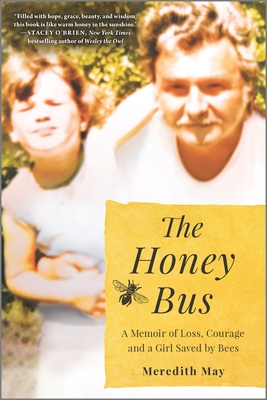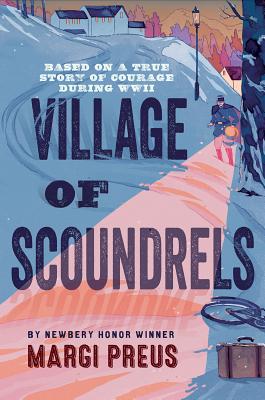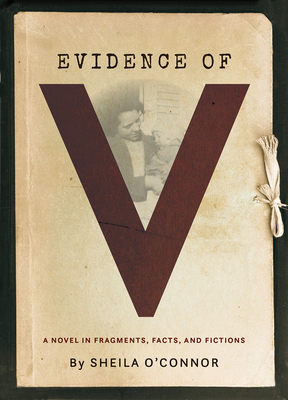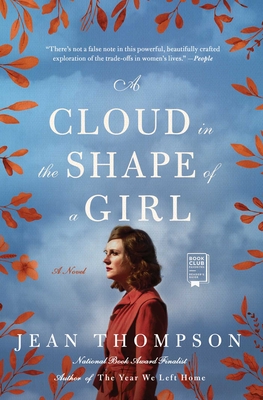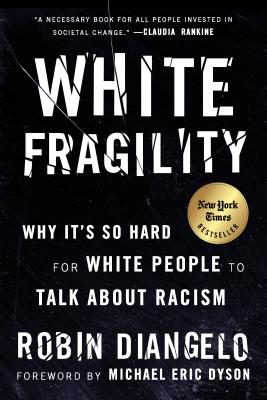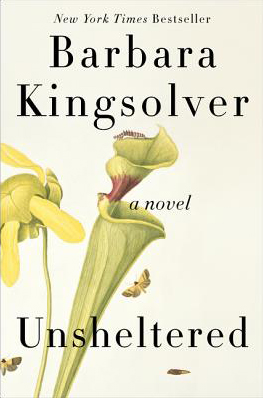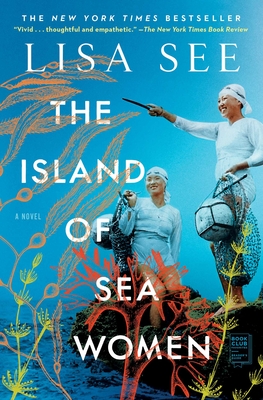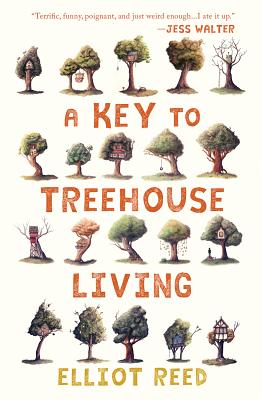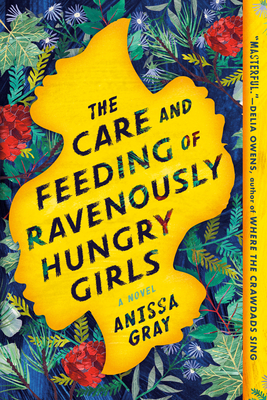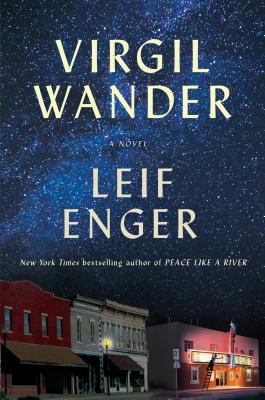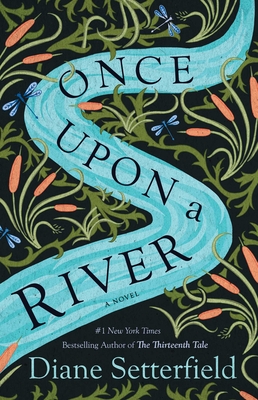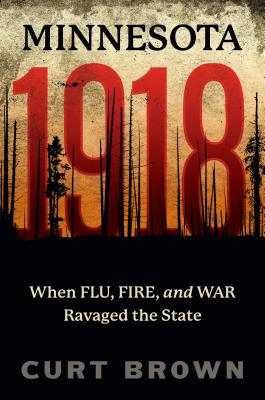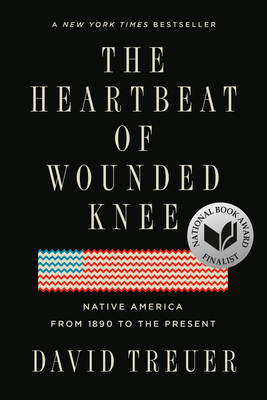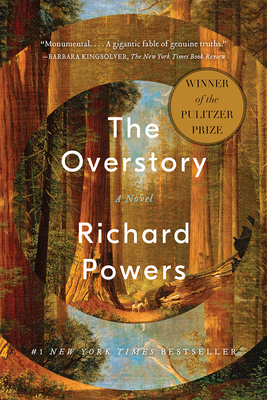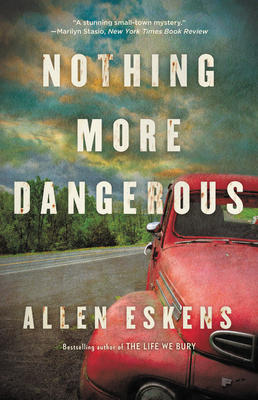 |
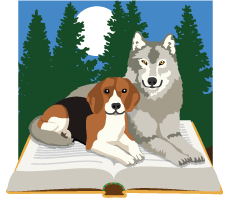 |
 |
||
Page One |
||||
|
||||
|
Take a look at The Secret Garden between | ||||
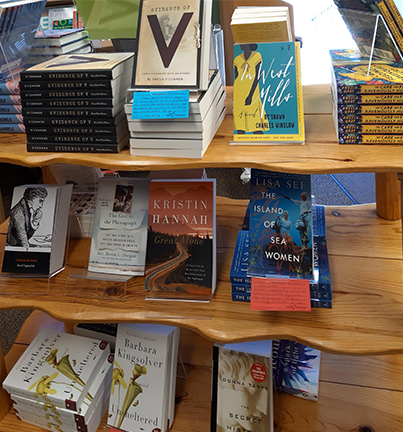
| ||||
The Status of our Summer/Early Fall Events | ||||
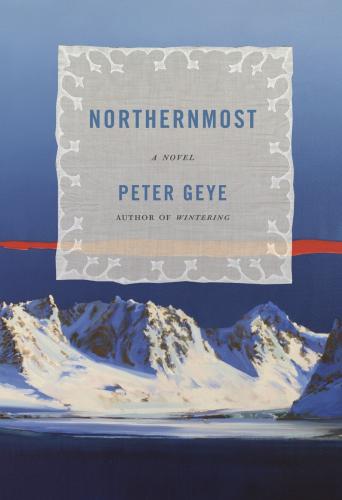 Interview with Peter Geye
Interview with Peter Geye
We’re huge fans of author Peter Geye and his books. The latest, Northernmost, was to have come out in April and Peter was scheduled to do an event at the store on June 6. However, the book release has been delayed until August 18 and Peter’s tour has been indefinitely postponed. Instead of giving you a chance to meet Peter in person this month, we offer an interview with him. 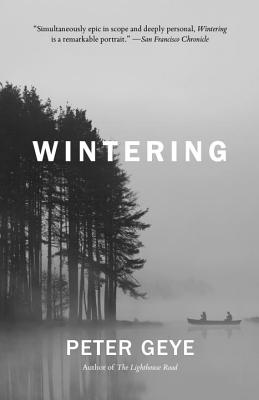 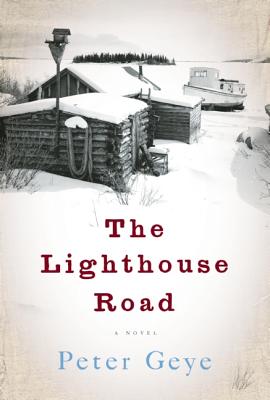 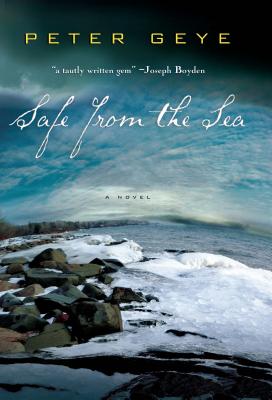 |
||||
J: How many people are usually at home during the day? J: Has COVID-19 affected your creativity? Either stifled or jumpstarted it? The other thing that happened is that publication of my new book, Northernmost, was postponed. When that happened, on the one hand it made perfect sense and I don’t regret it happening. On the other hand, it put things into perspective for me. Rather than being obsessed with the process of this book that I worked so hard on and love and that I was anxious for people to get their hands on, it suddenly felt less important, given the context of the rest of the world. I wondered, “what am I even doing, writing these books? Why aren’t I something useful like a doctor or a nurse?” It put everything into a new perspective. I love what I do and I want to do it for the rest of my life, but my world revolving entirely around my work didn’t seem as imperative. To get back to your question, I felt uninspired and non-essential. I wondered about it and wrote very little. Since I’ve been working again, I’m way more inspired and way more productive than I usually am. I don’t know what to attribute that to, because I still have the perspective that I’ve gained. Of course we need books and that’s meaningful in all sorts of ways, but there are other things that are more important than whether or not there’s another book written by me in the world. I’ve been reading again and the experience of reading has begun to feel more meaningful. J: Would you normally have been writing right after the release of a book anyway? J: What’s been your favorite bookstore/author/reader response to all of this? J: What are you reading?
P: Not really. I’d rather play cribbage than watch TV at night. J: Do you think you might talk about COVID-19 in future books? Most importantly, how is your dog Mia? (We’d love a picture of the two of you!) Good! She’s pretty new to the family; we’ve had her for less than a year. She’s a rescue dog, picked up off the streets of Joplin, Missouri, She’s pretty stoked to have a loving family to be around all the time.
|
New and Noteworthy
We want to call your attention to some great books which came out last week.
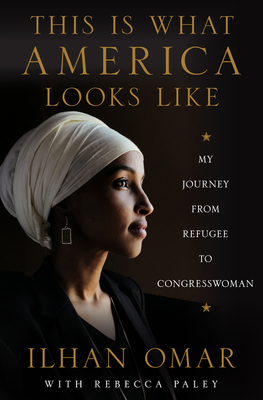
This is What America Looks Like
Ilhan Omar
An intimate and rousing memoir by progressive trailblazer Ilhan Omar—the first African refugee, the first Somali-American, and one of the first Muslim women, elected to Congress. Omar represents Minnesota’s 5th district.
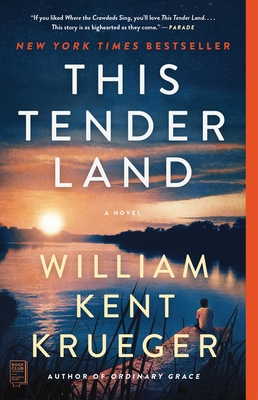
This Tender Land
William Kent Krueger
Krueger’s latest book was released in paperback last week.
See Sally's 2019 review of This Tender Land.
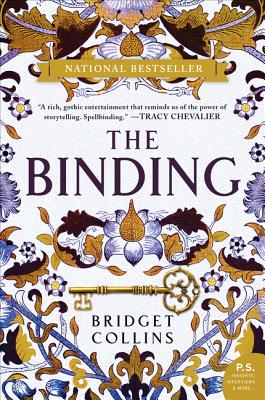
The Binding
Bridget Collins
Jen is thrilled that The Binding was released in paperback.
See Tim's 2019 review of The Binding.
— page top —
Page One |
| About Us How to Find Us |

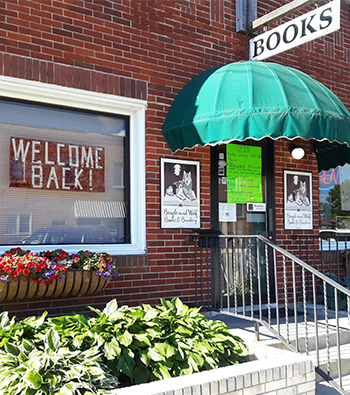
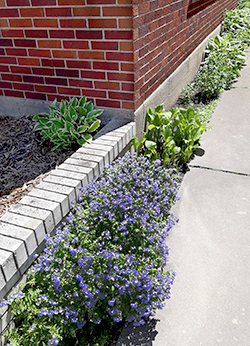
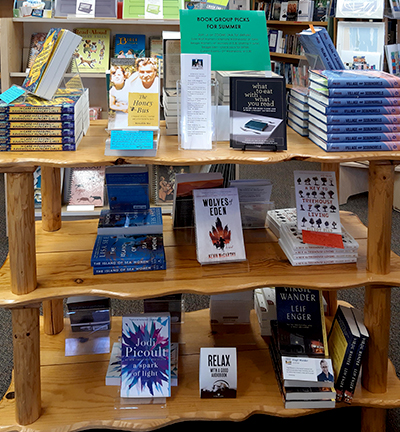
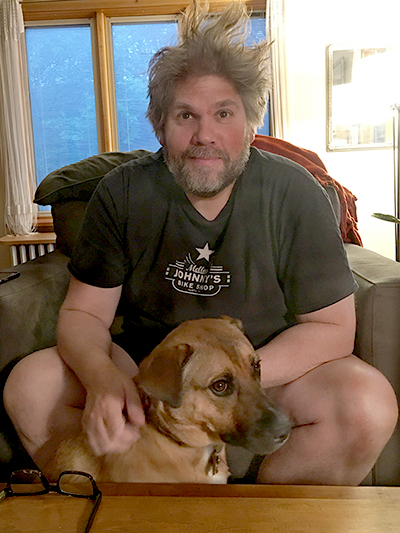 J: Have you binge-watched anything?
J: Have you binge-watched anything?